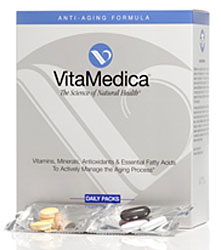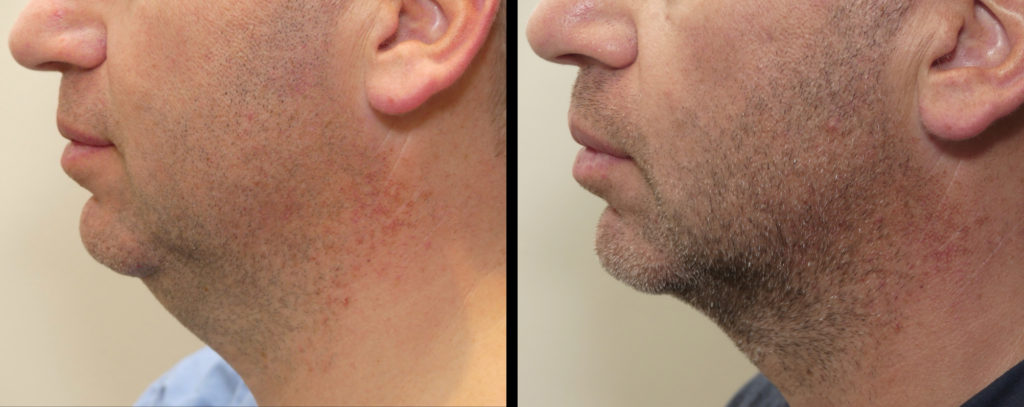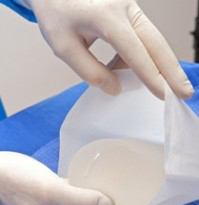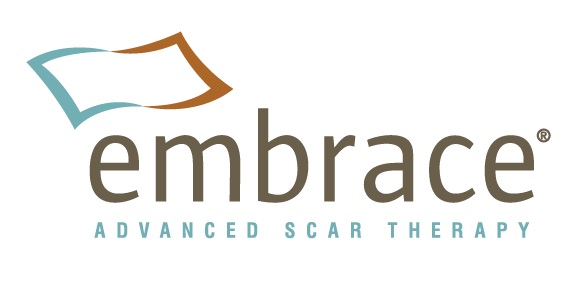Although the use of megadoses of vitamins remains controversial, a select group of vitamins have the potential for anti-aging benefits that will improve not only your appearance but also your health in a number of ways. Even when it’s healthy, your skin wrinkles, discolors, and sags as it ages. Fortunately, there are ways to repair and firm up your skin, improve its color, and reduce some of those age-related wrinkles. “While vitamins aren’t going to stop you from aging, the right ones can help slow the process down, assist in keeping you healthy late into life, and contribute to a more youthful appearance,” says Dr. Forley. Below, we discuss five of the top anti-aging vitamins that you should know about.

Vitamin E – Vitamin E is a fat-soluble compound that repairs dry, cracked skin when used as a cream or lotion. It helps skin retain moisture and is often added to sunscreens because it protects the skin against UVB damage. Free radicals, which are produced from sun exposure, when you digest certain foods, or are exposed to pollution, cigarette smoke or radiation, are damaging to other cells and the tissues they form. Vitamin E is an antioxidant that functions by neutralizing the destructive potential of free radicals. Proper intake of vitamin E helps limit the harmful effects of free radicals. Vitamin E also improves the functioning of your immune system and prevents blood from clotting unnecessarily, lowering the risk of stroke or heart attack. It also helps to prevent LDL cholesterol from contributing to atherosclerosis. You can get vitamin E through nuts, seeds, green leafy vegetables, and vegetable oils (such as soybean, canola, and corn). Vitamin E is also available in a variety of supplements and topical applications.
Vitamin C – Vitamin C is another antioxidant that helps prevent the damage produced by free radicals. Not only is vitamin C an antioxidant, it helps to regenerate other antioxidants in the body, including vitamin E. When applied topically, vitamin C also helps protect your skin against the damaging effects of UV rays. Vitamin C improves collagen, giving your skin a more firm and youthful appearance. Vitamin C has cancer-preventing qualities and there is evidence that it reduces the onset of cardiovascular disease. Additionally, some studies have suggested that vitamin C delays or even prevents the formation of age-related cataracts and macular degeneration. Fruits and vegetables (especially citrus and potatoes) are excellent natural sources of vitamin C.
Vitamin K – As you get older, dark circles may start appearing under your eyes. Vitamin K helps with one common cause of this problem: the leaking of capillaries around the eyes, which results in the pooling and clotting of blood. Researchers believe that vitamin K aids in the constriction of capillaries, breaking up the tiny blood clots that form the circles. Vitamin K likely won’t be a cure-all for under-eye circles, but getting your fair share of this vitamin should be part of your treatment plan. Your body produces small amounts of vitamin K on its own, but you can use more than your body can provide. Vitamin K can be consumed as a supplement, as part of a multi-vitamin, in the form of topical creams, or through your diet. Kale, lettuce, spinach and broccoli are all excellent sources of vitamin K, as are non-hydrogenated vegetable oils.

Niacin – Niacin, one of the B vitamins, has several anti-aging properties. One visible way it helps you as you age is by increasing your skin’s ability to retain moisture. Moist skin not only looks healthier, it actually helps you stay healthier by providing a strong, unbroken barrier against viruses, bacteria, and other harmful substances in the environment. In addition to restoring moisture to your skin, niacin also acts like an exfoliant, helping your skin in sloughing off dead cells as newer cells move toward the surface. Niacin counteracts the effects of aging inside your body as well. It raises your “good” cholesterol and lowers triglycerides (fats in your blood that contribute to your overall cholesterol count). In doing so, niacin can potentially help lower your risk of heart disease. Niacin also plays a major role in converting food into energy. You can find niacin in lots of common foods, including poultry, eggs, meat, fish, nuts, and enriched breads.
Vitamin A – Topical solutions with vitamin A (such as retinol creams) have been shown to reduce signs of sun damage and skin aging by stimulating exfoliation, improving collagen, and reducing fine lines and wrinkles. Vitamin A intake can also help with circles under the eyes, much as vitamin K does. Vitamin A is important for your overall bone health, helping to offset the effects of osteoporosis with aging. According to eye care expert, Dr. Robert McCulloch, Vitamin A is an essential vitamin for health eyes as well.
Tags: anti-aging, VitaMedica
Written by Dr. Forley on December 16, 2011





